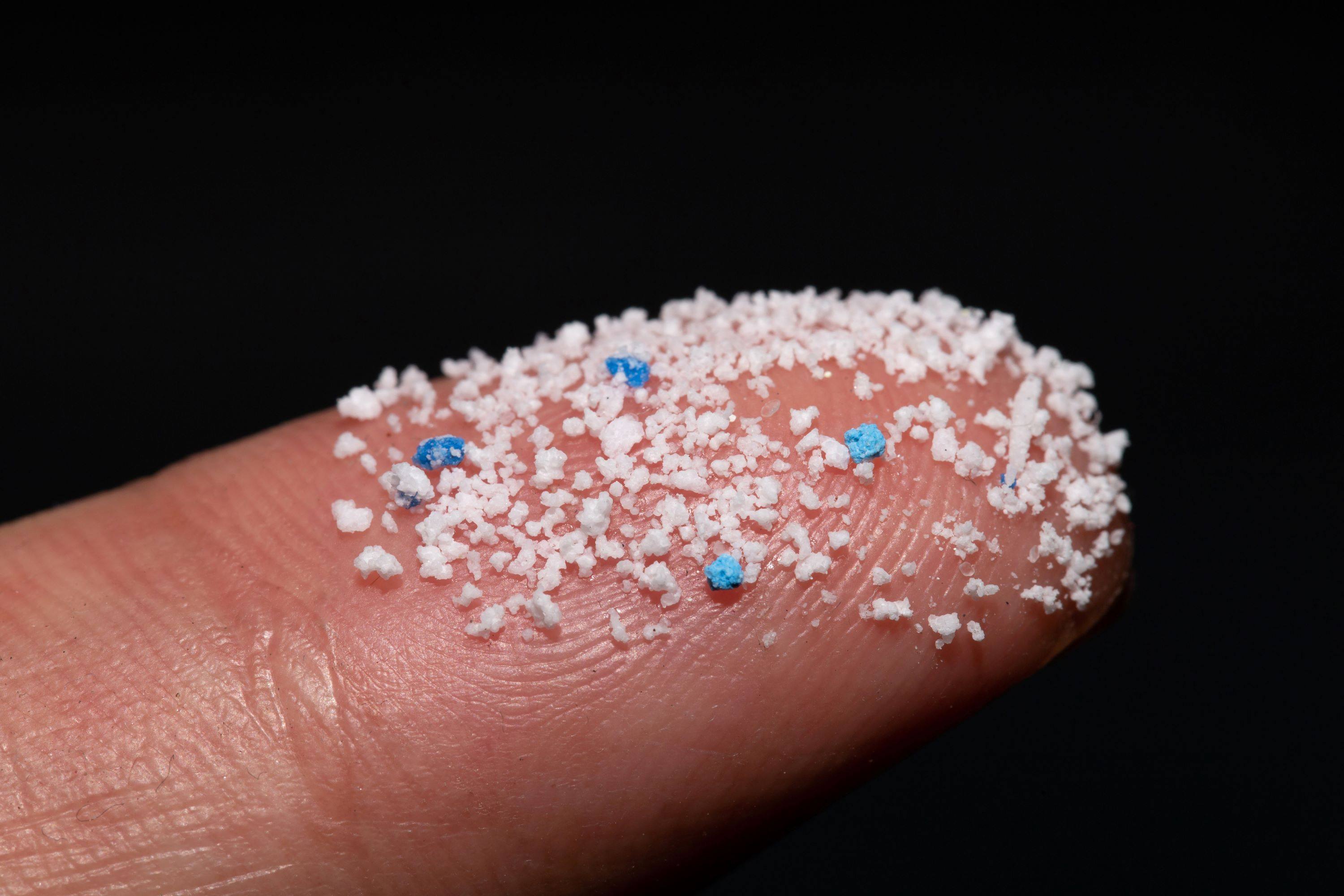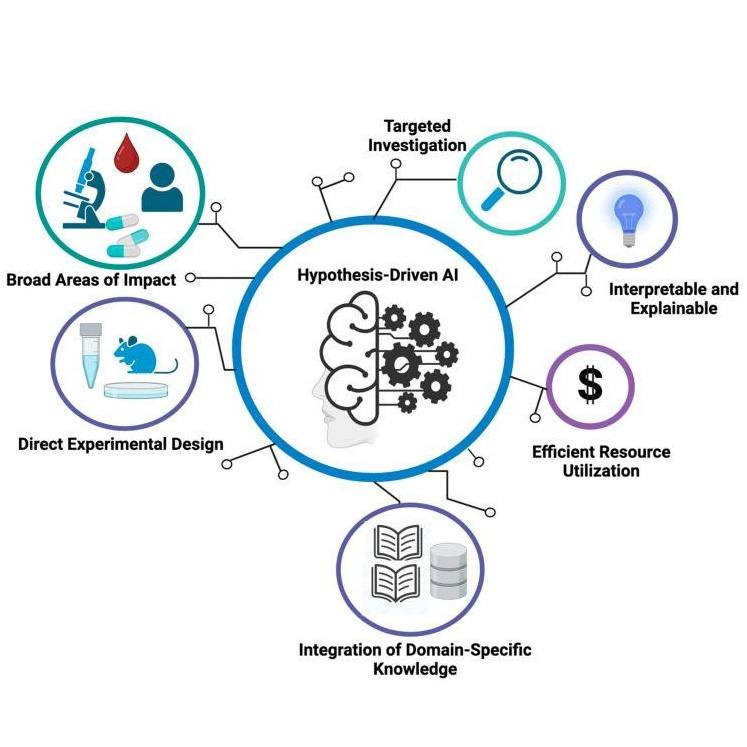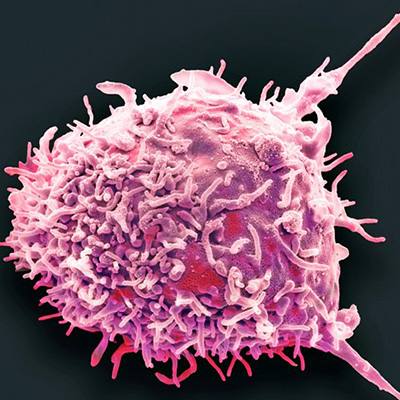-
Individualized Medicine
7 ways Mayo Clinic is leading to cure, connect and transform health care

Mayo Clinic Center for Individualized Medicine's physicians and researchers are leading the way to cure, connect and transform health care by combining their expertise to solve serious or complex medical conditions. Here are seven innovative ways the Center’s investigators are working together to provide patients with answers, treatment options and optimism.

- Cultivating cutting-edge cancer studies and therapies
Researchers are taking a distinctive all-hands-on-deck approach to cancer, driven by advanced genetic analysis and clinical sciences to personalize treatments for every cancer patient. Advances include using a radioactive tracer with molecular imaging to identify early biochemical changes linked to prostate cancer, and testing individualized treatments for chemotherapy-resistant breast cancer. In addition, a new genomic lens to colorectal and other cancers is helping researchers identify which cancer types run in families. Investigators are also targeting advanced cancer, using a patient’s biopsy to create miniature tumor replicas for testing therapies outside their body.

- Rooting out rare and undiagnosed diseases
Nearly 25 million Americans — about 1 in 13 people — suffer from a rare, undiagnosed condition. Many search for years for a diagnosis for unexplained, debilitating symptoms. Mayo Clinic researchers are helping to provide answers, diagnosing nearly 30% of patients by mapping their genetic blueprint, including using whole-exome testing, which sequences more than 20,000 genes. Researchers are continuing to search for answers for the remaining 70% of cases by using a tool to pinpoint RNA aberrations that underlie rare inherited diseases. They are also turning to a combined analysis of “omics” data, including genomics (mapping genomes), proteomics (study of proteins in a cell) and metabolomics (study of chemical processes) to identify the underlying causes of rare diseases.

- Boosting medical research with biobanks
Mayo Clinic operates a world-class, scalable biorepository infrastructure, which includes two specimen processing core laboratories and several large centralized biospecimen collections. Researchers are using the biological samples and health information to study how genes affect health and disease, and to uncover paths toward developing and delivering precision medicine. Mayo is working to generate whole exome sequencing and genotype data of 100,000 DNA samples from consented Mayo Clinic Biobank participants. In addition, Mayo Clinic also serves as the home of the nation’s biobank with the NIH All of Us Research Program.
- Advancing medicine with artificial intelligence
Researchers are increasing their use of artificial intelligence to find patterns in vast amounts of data, and to create algorithms for predicting diseases and drug response, including anti-depression, congestive heart failure and rheumatoid arthritis. They are also using the technology to develop a digital pathology workflow to detect a genetic mutation in melanoma to reduce the time to treatment and offer improvements in survival.

- Bolstering understanding of bacteria
Researchers are studying a complex community of genetically distinct gut bacteria, called the microbiome, that thrive in and around the digestive tract. They have found some of the microbes play an important role in maintaining health while others enable diseases, such as cancer. Mayo is also supporting a new phage therapy program to offer a potential life-saving alternative to antibiotics. Phages are naturally occurring viruses that target and kill specific bacterial cells, including those that have grown resistant to multiple antibiotics. Mayo researchers are sequencing the genomic contents of single bacterial cells, paving the way for a potential lifesaving test for sepsis and other hard-to-treat bacterial-related infections.

- Tailoring medications to a person’s genetic makeup
Mayo researchers are leaders in combining the science of drugs and the study of genes to provide patients with safe medications and doses. In one study, researchers are analyzing 77 pharmacogenes from Mayo Clinic Biobank samples from 10,000 patients. Once the study is completed, an interpretive report will be placed into each of the patients’ electronic health records, allowing their physicians to have information about any drug-gene interactions when prescribing medications. The goal is to avoid potentially harmful side effects for patients, while boosting the effectiveness of prescribed therapies.
- Exploring epigenomic impacts
Epigenomics researchers are pinpointing new molecular targets for therapy by studying the differences between a person’s genetic DNA and mutated DNA that can alter a person’s genetic code and be passed onto future generations. They are also exploring how other factors such as environment and lifestyle, influence how genes are expressed. For example In one project, investigators hypothesize that gene expression changes in the brain, due to altered DNA methylation, play a central role in a person's risk for developing Alzheimer's disease.
Learn more
Read more stories about advances in individualized medicine.
Register to get weekly updates from the Mayo Clinic Center for Individualized Medicine blog.
Join the conversation
For more information on the Mayo Clinic Center for Individualized Medicine, visit Facebook, LinkedIn or Twitter at @MayoClinicCIM
Related Articles







